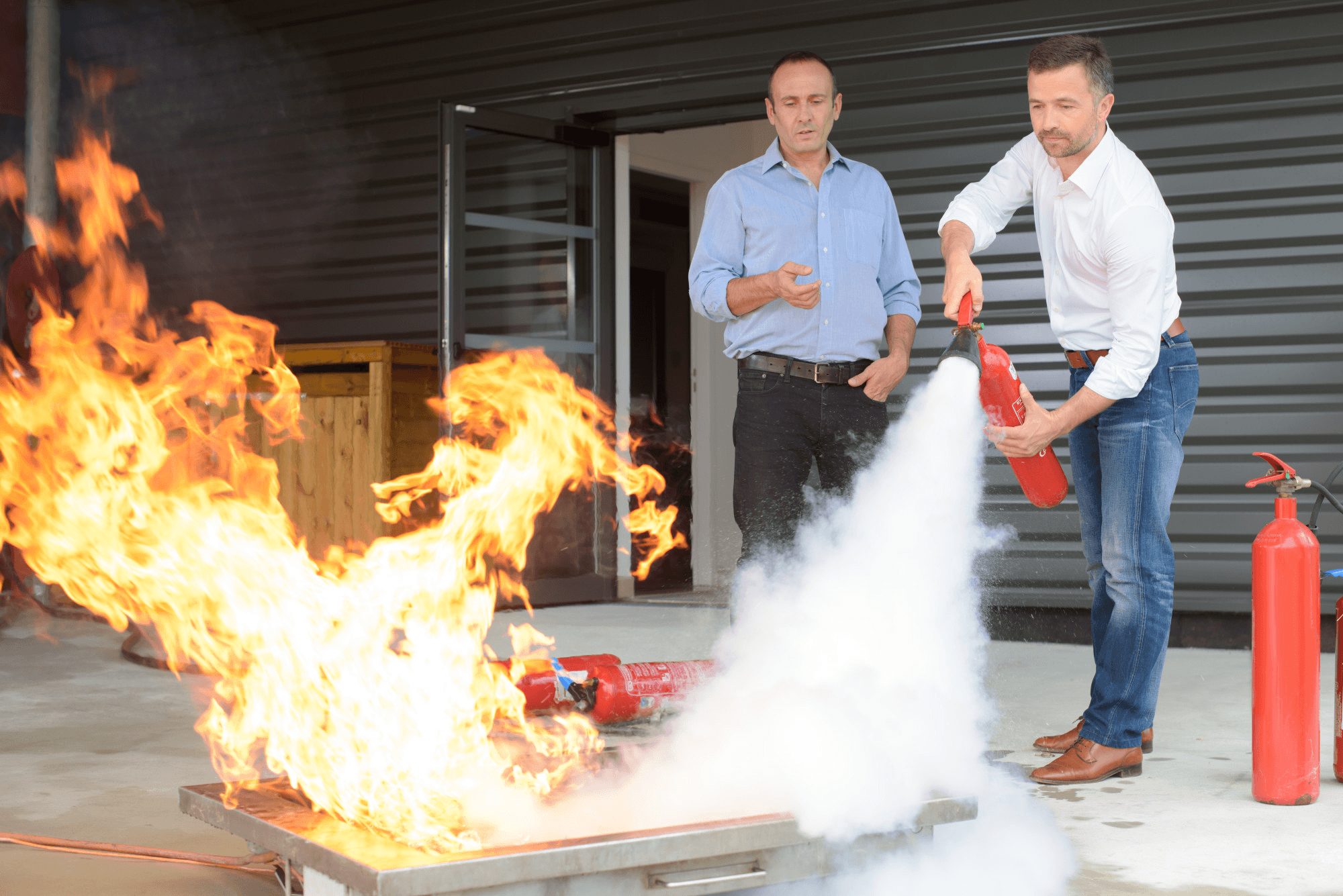Office Fire Safety: Fire Warden Preparation in the United States
Office Fire Safety: Fire Warden Preparation in the United States
Blog Article
Fire safety is a critical concern for any business operating in the United States.
We’ll explain why training matters, how to prepare for inspections, and what best practices help businesses stay compliant year after year.
By the end, you’ll have a practical roadmap for ensuring your office meets the highest fire safety standards and safeguards your most valuable assets: your people.
Why Fire Safety Matters in US Offices
Electrical malfunctions, kitchen mishaps, overloaded circuits, or improper storage can all ignite dangerous workplace fires.
Companies that prioritize fire prevention demonstrate responsibility, enhance employee trust, and maintain business continuity.
In the US, workplace fire safety is regulated by a mix of national standards (like NFPA guidelines) and local fire codes.
What Is Fire Warden Training in the US?
Fire wardens act as safety leaders, guiding colleagues to exits, checking on vulnerable individuals, and ensuring no one is left behind.
Many programs cover topics like fire extinguisher use, alarm systems, emergency communication, evacuation routes, and post-incident reporting.
Choosing a certified training provider is critical.
How to Prepare for Fire Safety Certification and Renewals
Certification often includes on-site inspections and review of safety documentation.
Check that all fire extinguishers are inspected and tagged, alarms are functioning, and exit routes are unobstructed.
Certification isn’t a one-time event—renewals are typically required every few years or after major renovations or occupancy changes.

Ongoing Strategies for Workplace Fire Prevention
This includes routine equipment checks, clear communication, and fostering a culture where all employees understand their role in fire prevention.
Post updated evacuation maps in visible locations, especially near elevators, stairwells, and communal areas.
Host periodic refresher trainings, conduct surprise fire drills, and encourage team leaders to review emergency plans during staff meetings.
Why Compliance Matters for Liability and Coverage
Failing to meet fire safety standards can have severe legal and financial consequences for US businesses.
Insurance coverage is also tied to compliance.
By prioritizing fire safety, businesses demonstrate responsibility and reduce the risks of costly legal and financial setbacks.

Conclusion: Building a Fire-Safe Workplace
Whether you run a small office or a large corporate campus, robust fire safety strategies are a non-negotiable part of doing business.
They not only meet legal obligations but also build trust with employees, clients, and insurers.
Keep your team informed, your equipment updated, and your plans reviewed regularly.
Common Questions on Workplace Fire Prevention
Do all staff need fire safety training?
Typically, designated employees such as team leads, managers, or safety officers receive fire warden training.
What is the renewal period for fire safety compliance?
Renewal periods vary by jurisdiction but are often required every 1–3 years.
What are common causes of office fires?
Routine inspections and employee awareness help prevent these hazards.
How does fire safety affect insurance coverage?
Insurance companies often require proof of fire safety compliance, including certifications, equipment maintenance, and training records.
How do I write an effective workplace fire plan?
Drills and refresher training help keep the plan effective and actionable.
curso de brigada de incêndio Report this page